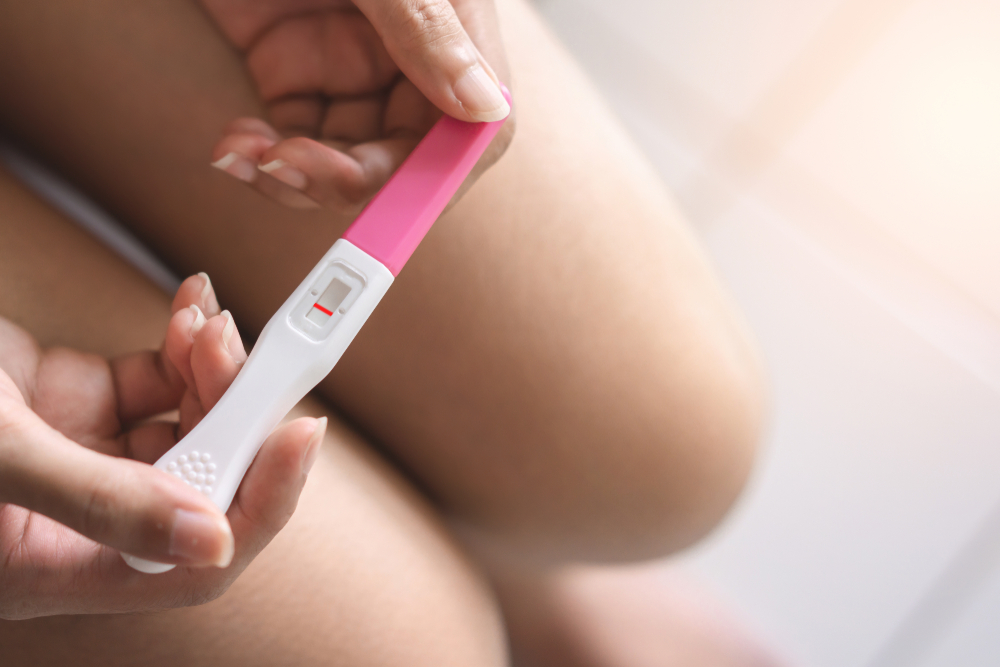Trying to conceive is not as easy for some couples as it is for others. The struggle is one that many can relate to as it is estimated that around 1 in 7 couples may experience some form of difficulty conceiving. Despite having regular unprotected sex, for whatever reason, they are unable to get pregnant. For 84% of couples, this happens naturally within a year of trying and having unprotected sex regularly (every 2 or 3 days).
Infertility Warning Signs
Infertility can sometimes be difficult to diagnose. However, for some patients, there are a few tell-tale signs that you can look out for. While they may allude to infertility, the only real way to be sure whether you are infertile is through fertility testing. An investigation can help to determine why this may be and what the underlying causes are. This usually involves an ultrasound for women and semen analysis for men. Below is a list of symptoms that might indicate that you could be infertile. It’s important to note that you may not experience any symptoms at all, as infertility can also be unexplained.
Symptoms:
- A very long menstrual cycle (35 days or more).
- A very short menstrual cycle (less than 21 days).
- Irregular or absent periods. This may mean that ovulation is not happening.
- Periods that are heavy and/or painful. This could be a symptom of endometriosis (a condition that accounts for 20 to 40% of female infertility issues) or fibroids in the uterus.
- Signs of a hormonal imbalance which may include severe acne, weight gain, hair loss, constant fatigue, headaches, facial hair and nipple discharge.
- Intercourse is painful. This could be due to endometriosis or pelvic inflammatory disease.
- A vaginal infection like chlamydia, gonorrhoea, and mycoplasma that has been left untreated for a while. If you have not been diagnosed with anything and have been experiencing vaginal soreness, itchiness, and discharge, it could be a sign that one is present.
What to Do If You Suspect That You’re Infertile
By definition, infertility is classed as the unsuccessful attempts to get pregnant after a year of unprotected sex. If you have an inclination that you may be infertile, consider whether you have been trying for long enough.
If you believe you have, it’s always best to seek the advice and guidance of a professional to confirm. Following your diagnosis, they will be able to suggest treatments to improve your chances. Below are some that you might be recommended based on their findings.
- Fertility drugs – To help your eggs mature and release you may be offered fertility drugs containing hormones. As with all drugs there are side effects to consider. In the case of fertility drugs, there are potentially excessive period pains and the risk of ovarian hyperstimulation. Side effects are not felt by all and usually just a small number of individuals but are worth thinking about when weighing up your decision.
- Intrauterine insemination (IUI) – This is where healthy sperm is injected into the uterus during the time of ovulation.
- Surgery – Surgery may be needed if there are blockages in the uterus and fallopian tubes.
- In vitro fertilisation (IVF) – This is where a mature egg and a sperm cell are fused in a lab before being inserted into the uterus. The entire process can take several weeks. You will also need hormone treatment to make sure that implementation is a success.
If you have reason to believe that you’re infertile and would like to start a family, we can help you with the fertility testing service that we provide. Get in touch to learn more.

